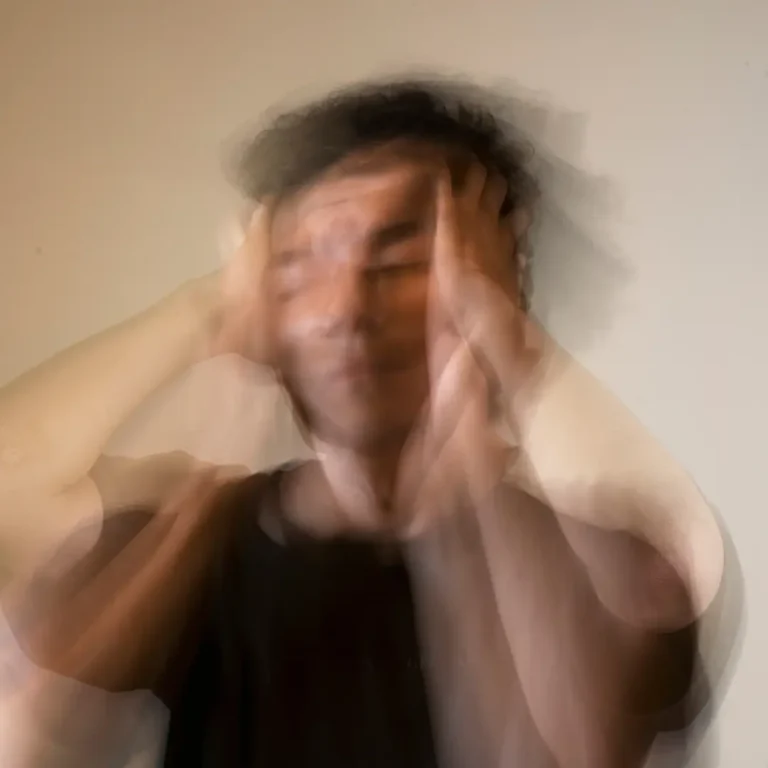Effective Strategies for Coping with Depression: Practical Tips and Techniques to Manage and Reduce the Impact of Depression on Daily Life
Have you ever felt like a dark cloud is following you around, no matter what you do? Depression can feel exactly like that. But here’s the good news: there are coping mechanisms for depression that can help lift that cloud and guide you toward brighter days. At McNulty Counseling and Wellness, we believe in empowering our clients with practical tools and strategies to help manage depression effectively. In this post, we’ll break down the most effective strategies for coping with depression, discuss how it affects your mental health, and explain how we can help you regain control of your life.
Depression is more common than you might think, with millions of people worldwide affected by it every year. However, by understanding it and learning the right coping mechanisms, you can start feeling better and living a more balanced, fulfilling life. Let’s dive into what depression is, how it affects mental health, and, most importantly, what you can do to manage it.
Understanding Depression and Coping Mechanisms
Depression isn’t just feeling sad or down every once in a while. It’s a persistent, long-term condition that affects how you feel, think, and act. According to the World Health Organization, depression is one of the leading causes of disability worldwide. It can affect people of all ages, genders, and backgrounds.
What is Depression?
Depression is a mood disorder that can cause a range of emotional and physical symptoms. It can lead to feelings of sadness, hopelessness, and a lack of interest in things you once enjoyed. But beyond just emotions, depression can also impact your sleep, appetite, and energy levels. Some people might feel constantly tired, while others may struggle to sleep or eat.
Common Misconceptions about Depression
One common myth is that depression is just a sign of weakness or that someone can “snap out of it.” But depression is a medical condition that requires real treatment and coping mechanisms. It’s not a choice or something that can be fixed by simply trying harder. Another misconception is that people with depression are always sad, but the condition can also involve numbness or irritability.
How Depression Affects Mental Health
Depression doesn’t just make you feel sad – it can affect every part of your mental health, as well as your body. Emotionally, depression can lead to overwhelming feelings of guilt, worthlessness, or emptiness. Psychologically, it can cause problems with concentration, memory, and decision-making. It can feel like your brain is stuck in a fog.
Physical Symptoms of Depression
Depression doesn’t just stay in your head. It can lead to physical symptoms like headaches, digestive issues, or chronic pain. Some people with depression even experience a weakened immune system, making them more prone to illnesses. The mind and body are connected, which is why treating depression can sometimes improve physical health, too.
Effective Strategies for Coping with Depression
Now that we understand how depression works, let’s talk about what you can do about it. Coping mechanisms for depression come in many forms, and what works for one person might not work for another. However, the following strategies are known to help many people manage their depression.
1. Cognitive Behavioral Therapy (CBT)
CBT is one of the most effective therapeutic techniques for treating depression. It helps you identify negative thought patterns and replace them with more realistic, positive ones. This therapy works by challenging the negative thoughts that keep you feeling down and teaching you healthier ways to cope with stress.
2. Mindfulness and Meditation
Mindfulness techniques like meditation can help you stay grounded and reduce feelings of anxiety and depression. It teaches you to focus on the present moment, rather than getting lost in negative thoughts. Even practicing mindfulness for just a few minutes a day can make a big difference.
3. Physical Activity
Exercise might be the last thing you want to do when you’re feeling depressed, but it’s a proven mood-booster. Physical activity releases endorphins, which are chemicals in the brain that improve your mood. It doesn’t have to be an intense workout – even a walk around your neighborhood can help lift your spirits.
4. Social Support
Isolation can make depression worse. Connecting with friends, family, or support groups can remind you that you’re not alone. If you feel comfortable, open up to someone you trust about what you’re going through. Sometimes just talking can help.
5. Professional Counseling
Therapy is one of the best ways to manage depression. A licensed therapist can help you develop coping mechanisms tailored to your unique needs. Whether it’s talk therapy, CBT, or another form of counseling, professional support is invaluable.
When to Seek Professional Help
While many coping strategies can help you manage depression on your own, there are times when it’s important to seek professional help. If you’ve been feeling down for more than two weeks, if your symptoms are getting worse, or if you’re having thoughts of self-harm, reach out to a therapist or doctor immediately. Depression is treatable, and you don’t have to face it alone.
How McNulty Counseling Can Help
At McNulty Counseling and Wellness, we specialize in helping individuals overcome depression with personalized treatment plans. Our team of licensed therapists offers evidence-based therapies like CBT, mindfulness, and more to help you develop effective coping mechanisms for depression. Whether you’re dealing with mild symptoms or severe depression, we’re here to guide you on the path to recovery.
We know how isolating and overwhelming depression can feel, but we believe in the power of therapy and support. We’ll work with you to create a safe, comfortable space where you can explore your feelings and learn practical tools to improve your mental health. If you or someone you know is struggling with depression, we’re here to help.
Conclusion
Depression can feel like an endless battle, but with the right coping mechanisms, you can regain control of your life. Remember, there’s no shame in seeking help, and there are many tools and strategies available to help you manage your depression. Whether it’s through therapy, mindfulness, or leaning on your support system, you don’t have to go through this alone.At McNulty Counseling and Wellness, we’re dedicated to helping you navigate your mental health journey. If you’re ready to take the next step toward recovery, give us a call at 727-344-9867 or fill out our contact form.
Your mental health matters, and we’re here to help you thrive.







